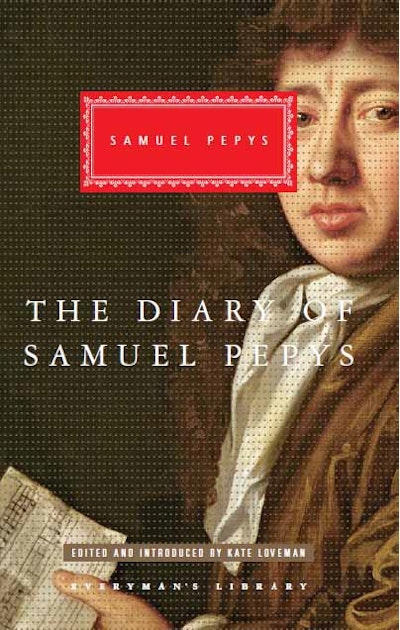Samuel Pepys was born in London in 1633, the son of a tailor. He was educated at St. Paul's School, London, and Magdalene College, Cambridge. In 1655 he married and in the following year entered the household of his cousin Admiral Edward Montagu. In 1660 he became the Clerk of the Acts to the Navy Board (the same year in which he began his diary). In 1669, the year in which he closed his diary, his wife died. In 1672 he was appointed Secretary to the Admiralty, an appointment he held with one interruption of four years at the end of Charles II's reign until the Glorious Revolution when he retired from public life.
As well as being one of the most important civil servants of his age, he was a widely cultivated man, taking a learned interest in books, music, the theatre, and science. He was elected a fellow of the Royal Society in 1684 and later served as President. He died childless in 1703. His contemporary John Evelyn remembered him as 'universally beloved, hospitable, generous, learned in many things'.





